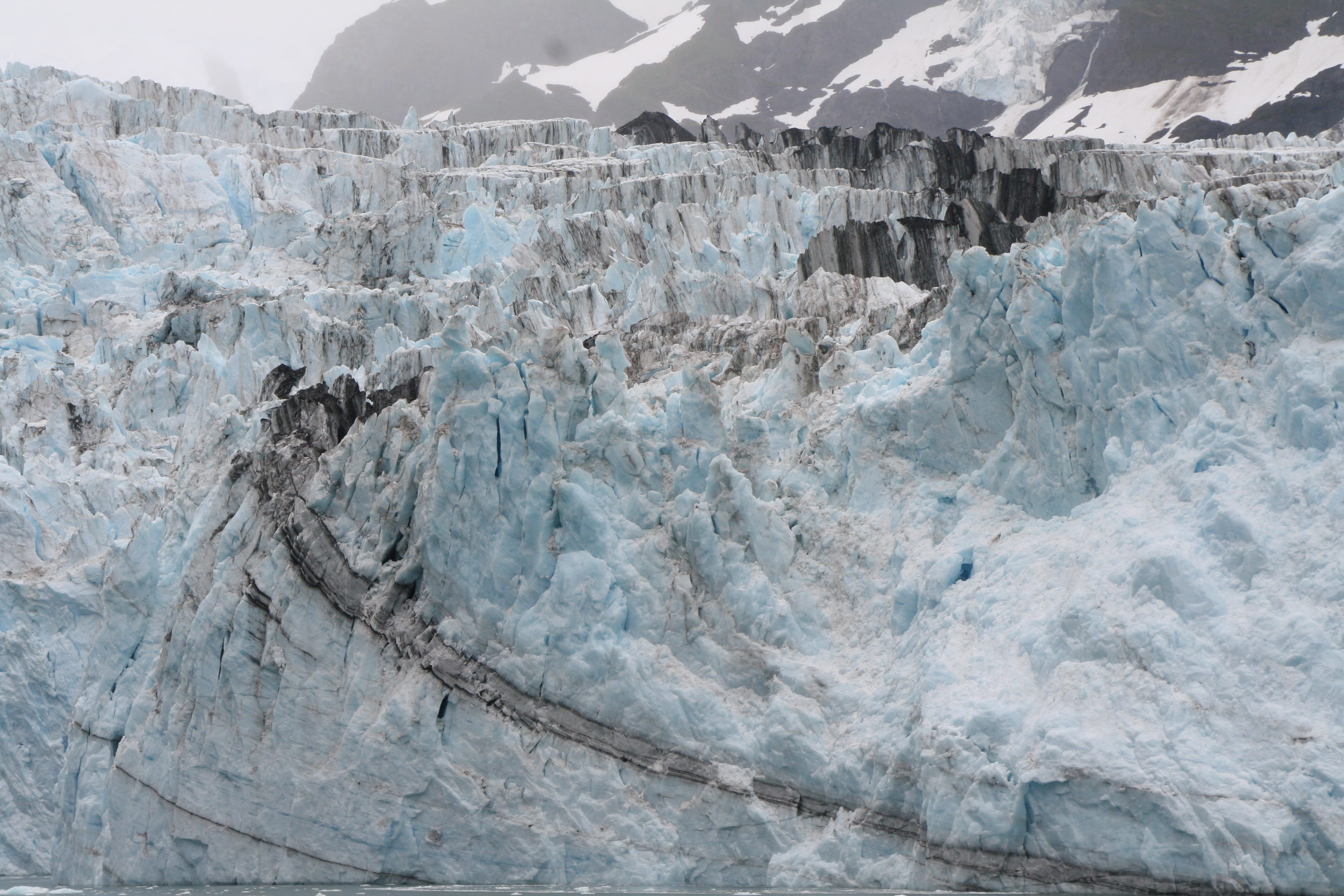
“Climate change is the single greatest threat to a sustainable future,
but, at the same time, addressing the climate challenge presents a golden opportunity
to promote prosperity, security, and a brighter future for all.”
– Ban Ki-Moon, Former Secretary-General of UN
Resources for Communities
It can be difficult for a community to know where to start when it comes to assessing the risk and vulnerabilities associated with climate change, and prioritizing actions. Below are a few resources to help communities with climate action planning, but contact our team or your local Cooperative Extension educator if you have questions and we can point you in the right direction:
- New York State Climate Smart Communities Program: Climate Smart Communities Program
- Cornell Cooperative Extension: Resources for Communities
- ICLEI: Climate Preparedness and Clear Path Resources
- CDP Disclosure Insight Action NGO: CDP Open Data Portal for Cities and Regions
- NY EDEN: Extension Disaster Preparedness Program
- NY Department of Environmental Conservation (DEC), Office of Climate Change: https://www.dec.ny.gov/energy/44992.html
- NY Climate Change Science Clearinghouse: https://www.nyclimatescience.org/
- US Climate Resilience Toolkit: https://toolkit.climate.gov/
- Northeast Regional Climate Center (NRCC) at Cornell: http://www.nrcc.cornell.edu/
Climate Change Science & Impacts
- New York’s Changing Climate [4-page factsheet] – The Earth is warming and New York is too. Just as we are seeing unprecedented rates of change at the global level, we are also observing rapid change in New York, including rising temperatures and changing precipitation patterns, with effects on the natural world and human health. Intense rains and floods, summer droughts, and heat waves are more common than they were in our grandparents’ time. New York’s climate will continue to change over the next 10, 20, and 100 years. This factsheet details the expected effects on ecosystems, farming, human health, and infrastructure.
- PRI: The Teacher-Friendly Guide to Climate Change: https://paleontological.s3.amazonaws.com/PDF/TFG-ClimateChange-3rd-Printing-Small.pdf
- NASA: What’s the Difference Between Weather and Climate?: https://www.nasa.gov/mission_pages/noaa-n/climate/climate_weather.html
- NASA: Climate Change: How Do We Know?: https://climate.nasa.gov/evidence/
- NASA: The Causes of Climate Change: https://climate.nasa.gov/causes/
- NOAA: Basics of Climate Science
- IPCC (Intergovernmental Panel on Climate Change): https://www.ipcc.ch/
- US Environmental Protection Agency (EPA), Overview of Greenhouse Gasses: https://www.epa.gov/ghgemissions/overview-greenhouse-gases
- US EPA, Understanding Global Warming Potentials (GWP): https://www.epa.gov/ghgemissions/understanding-global-warming-potentials
- US National Climate Assessment: https://nca2018.globalchange.gov/
- NYSERDA: Climaid Report (Responding to Climate Change in New York State)
- Climate Questions: https://anchor.fm/down-to-earth-cornell/episodes/Climate-Questions-e4cn4m/a-a1dmcii
- Pale Blue Dot: https://anchor.fm/down-to-earth-cornell/episodes/Climate-and-Energy-Lecture—Pale-Blue-Dot-e5ang5/a-a1dmcii
- Faint Young Sun: https://anchor.fm/down-to-earth-cornell/episodes/Climate-and-Energy-Lecture-Faint-young-sun-e5anj4/a-a1dmcii
Climate Change Solutions:
- Project Drawdown: drawdown.org/climate-solutions-101
- US Climate Resilience Toolkit: https://toolkit.climate.gov/
- ICLEI: Climate Preparedness and Clear Path Resources
- CDP Disclosure Insight Action NGO: CDP Open Data Portal for Cities and Regions
- NYS Climate Smart Communities Program: https://climatesmart.ny.gov/
- NY Climate Change Science Clearinghouse: https://www.nyclimatescience.org/
Climate Change Communication
- Skeptical Science (Explaining climate change science and rebutting global warming misinformation): https://skepticalscience.com/
- Media Bias chart (updated regularly): https://www.adfontesmedia.com/
Ecosystems
- NYS Climate Impacts Assessment Chapter on Ecosystems: NYS Climate Impacts Assessment 05 – Drinking water, water used for agriculture and hydropower, flooding in non-coastal regions, and overall water quality in the face of climate change.
- : Ecosystems (Chapter 6) – Effects on and adaptation strategies for aquatic ecosystems, fish and wildlife, ecosystem services, wetlands, forests, grasslands, invasive species and more.
- Cornell Dept. of Natural Resources: Natural Resource Extension Programs and Tools: ForestConnect, Sugar Maple, Master Forest Owner Volunteer Program, Agroforestry Learning Communities, Wetlands, Streams, and Ponds, and Biodiversity and Habitat Conservation Programs.
- Hudson River Estuary: Watershed Resilience Project: Cornell Extension project building long-term resilience to extreme weather and climate change in the Hudson River estuary watershed.
- NYS Water Resources Institute: Climate Change Programs: Examines the effects on flooding, drinking water, commercial/agricultural water, water quality and more.